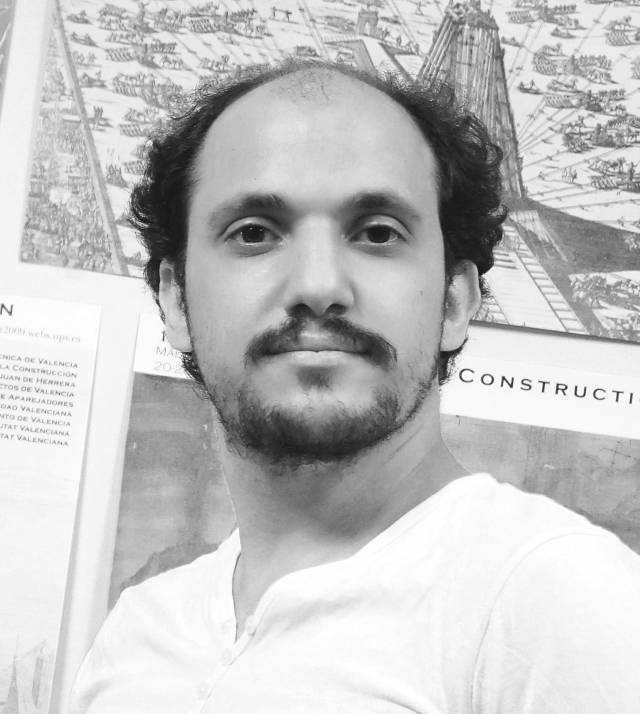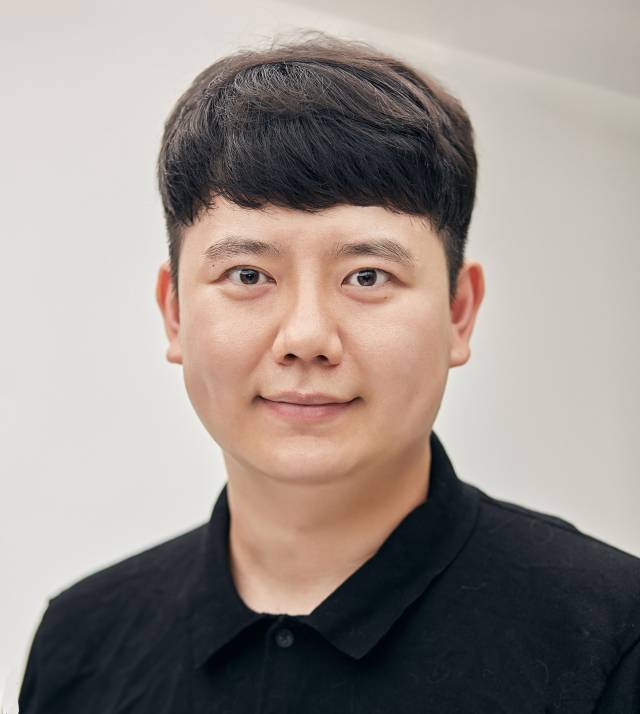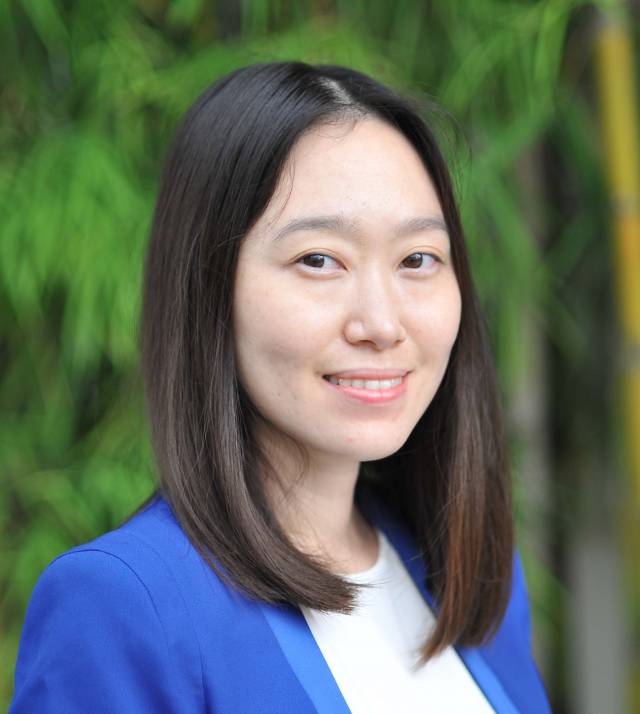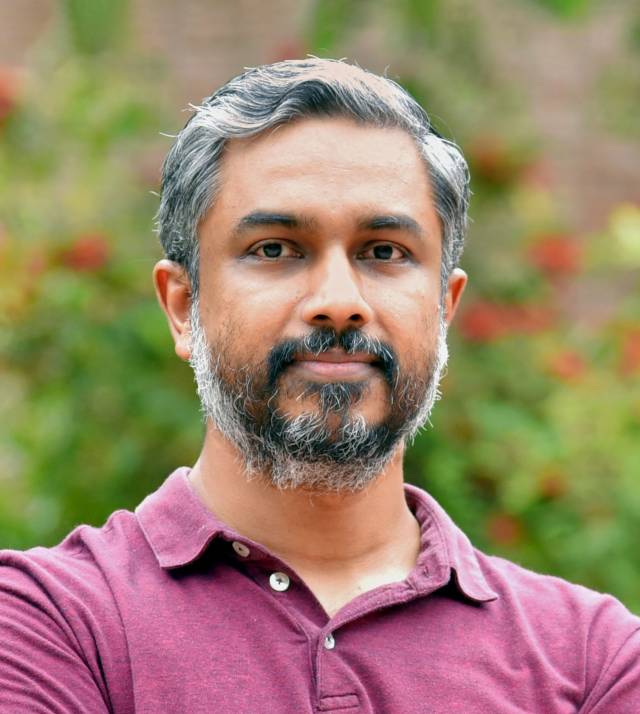Fung Global Fellows to focus on ‘Sustainable Futures’
Seven exceptional scholars from around the world will come to Princeton University this fall to begin a year of research, writing and collaboration as the ninth cohort of Fung Global Fellows. Six will engage in their fellowship virtually; one will be on campus.
The Fung Global Fellows Program, administered by the Princeton Institute for International and Regional Studies (PIIRS), has, in the past, brought together international research scholars in the social sciences and humanities. For the 2021-22 academic year, however, scholars will work on “Sustainable Futures,” which will broaden the program’s interdisciplinary approach, and include perspectives from architecture, engineering and law. Stephen Kotkin, the John P. Birkelund ’52 Professor in History and International Affairs, co-director of the Program in History and the Practice of Diplomacy, and director of PIIRS, will serve as acting director of the program for the 2021-22 academic year.
“Topics will include responses to COVID-19; AI technologies in free societies; state attempts to manage energy transitions, and energy poverty even in rich countries; soil’s transcendent importance in mitigating adverse environmental phenomena; the craft of sustainable architecture using solely local materials; and the implications of transregional environmental law in Latin America and the Caribbean for the rest of the world,” Kotkin said. “For the first time, the Fung Global Fellows program has a scholar who will engage in laboratory work, on solar energy.”
Six of the seven scholars will again engage virtually, rather than on campus, due to current coronavirus-related travel restrictions. Han Ul Min, a postdoctoral fellow, will be in residence at Princeton this fall. Barry Rand, associate professor of electrical engineering and the Andlinger Center for Energy and the Environment, will be supervising Han Ul’s research.
“The pandemic has profoundly reconfirmed how much the world is and will remain interdependent,” Kotkin added. “Our incoming Fellows come from all over the globe, a supreme challenge for an online program.”
The seven fellows selected for 2021-22 are:
- Wesam Al Asali, postdoc in architecture at University of Cambridge in the U.K.;
- Sefa Awaworyi Churchill, associate professor and principal research fellow at Royal Melbourne Institute of Technology (RMIT) in Australia;
- Uzuazo Etemire, senior lecturer and acting head of the Department of Jurisprudence and International Law at the University of Port Harcourt in Nigeria;
- Han Ul Min, postdoc in energy engineering at Ulsan National Institute of Science and Technology (UNIST) in South Korea;
- Andressa Monteiro Venturini, postdoc in science at University of São Paulo’s Center for Nuclear Energy in Agriculture in Brazil;
- June Park, researcher at the National Research Foundation of Korea in Seoul;
- Anish Sugathan, assistant professor at Indian Institute of Management, Ahmedabad.
The program is funded by a portion of a $10 million gift from Princeton 1970 alumnus William Fung of Hong Kong that is designed to substantially increase the University’s engagement with scholars around the world and inspire ideas that transcend borders.
More about the newly appointed Fung Global Fellows:

Wesam Al Asali
Wesam Al Asali is design and innovation lead at IWlab, an architectural practice he co-founded. He also founded CERCAA, a social enterprise center for learning and innovation in building crafts and natural material based in Valencia, Spain. Wesam received his Ph.D. from the Centre for Natural Material Innovation at University of Cambridge, where he worked on policy, training and design strategies of thin-tile vaulting for low-carbon construction. Through material and building technologies and cultural and social studies, his work investigates and proposes possible grassroots design practices in the context of climate emergencies. During his fellowship year, Wesam will work on “Cultures of Making,” which investigates the environmental approach behind scarcity-driven informal and vernacular architecture in the Middle East.

Sefa Awaworyi Churchill
Sefa Awaworyi Churchill is associate professor and principal research fellow at the School of Economics at RMIT University in Australia. He is also director of the Centre for International Development at RMIT University. He holds a Ph.D. in economics from Monash University. As an applied economist, his interdisciplinary research focuses on environmental economics, development and energy economics. He also serves as associate editor for the journal Energy Research and Social Sciences. As a Fung Global Fellow, he will work on the impacts of climate change on energy poverty.

Uzuazo Etemire
Uzuazo Etemire is a senior lecturer in the faculty of law at the University of Port Harcourt in Nigeria, and the acting head of the faculty’s Department of Jurisprudence and International Law. After qualifying as a lawyer in Nigeria, he acquired his master’s and Ph.D. degrees in environmental law from the University of Nottingham in England, and the University of Strathclyde in Scotland, respectively. Etemire is a fellow of the Higher Education Academy, United Kingdom, and an alumnus of The Hague Academy of International Law, The Netherlands. His primary research interest lies broadly in the field of environmental law and governance, with a special bias for environmental democratic or procedural rights. At Princeton, he will be engaged in the critical socio-legal examination of the latest treaty on environmental democratic rights — the Escazú Agreement (which came into force in April 2021) — against the backdrop of its promise of a sustainable future for those in the Latin America and the Caribbean region.

Han Ul Min
Han Ul Min is a postdoc in energy engineering at Ulsan National Institute of Science and Technology (UNIST) in South Korea. His Ph.D. thesis, “Compositional and Additive Design for Solution-Processed Highly-Efficient and Stable Perovskite Solar Cells,” addresses ways to improve power conversion efficiency of next-generation perovskite solar cells by modifying the chemical composition of perovskite materials, and interfacial and device engineering. His research interests lie in efficient and stable perovskite solar cells, other electric device applications of perovskites, fundamental studies of material science and energy engineering, and degradation mechanisms of perovskite solar cells. As a fellow, he will work on the long-term stability issues of efficient perovskite solar cells.

Andressa Monteiro Venturini
Andressa Monteiro Venturini received her Ph.D. in science in 2019 from the University of São Paulo in Brazil, having previously received a master’s degree in science from the same institution. She also spent a period abroad at the Netherlands Institute of Ecology and, during her Ph.D., at the University of Oregon. She is currently a postdoctoral researcher at the Center for Nuclear Energy in Agriculture of the University of São Paulo. Her thesis explored the impacts of forest-to-pasture conversion in the Brazilian Amazon on soil microorganisms related to the production and consumption of the greenhouse gas methane. Her main research interest is the study of microorganisms from tropical soils in the light of land-use and climate change using molecular, bioinformatic and statistical approaches. At Princeton, Venturini will expand her current research in the project “Critical Microbial Processes in the Amazon: Responses to Land-Use Changes and Forest Recovery.”

June Park
June Park is the Salzburg Global Seminar-Korea Foundation fellow in the Finance and Governance Program, working on post-pandemic geoeconomics conflicts in data governance and technology. She is a political economist by training and works on trade, energy and tech conflicts with a broader range of regional focuses not just on the U.S. and East Asia, but also Europe. She studies economic pressures and conflicts, analyzing different policy outcomes based on governance structures — domestic institutions, leaderships and bureaucracies that shape the policy formation process. Park earned her bachelor’s. and master’s degrees in political science with a focus on international security from Korea University. She received her Ph.D. in political science with a focus on international political economy from Boston University as a Fulbright Fellow, and completed a postdoctoral fellowship at the Lee Kuan Yew School of Public Policy at the National University of Singapore. As a 2020-2021 East Asia Voices Initiative Fellow of the East Asia National Resources Center at the George Washington University (GWU) Elliott School of International Affairs, she focuses on data privacy, governance of AI and country-specific initiatives. During the COVID-19 pandemic, she has published widely on South Korea’s pandemic governance while remotely conducting her fellowship at GWU from Seoul, South Korea. As a Fung Global Fellow, she will publish her completed work, “Governing a Pandemic with Data on the Contactless Path to AI: Personal Data, Public Health and the Digital Divide in South Korea, Europe and the United States in Tracking of COVID-19.” At Princeton, she will widen her research scope to investigate the varied levels of country access to vaccines and the governance of vaccine procurement, alongside data deployment in vaccination processes across jurisdictions, with a specific case study on U.S.-South Korea vaccine production and research collaboration.

Anish Sugathan
Anish Sugathan is assistant professor in strategy at the Indian Institute of Management, Ahmedabad (IIMA) in India. He also serves as the chairperson of the JSW-School of Public Policy at IIMA and co-chair of the Advanced Business Analytics postgraduate diploma program. He is a research affiliate at the International Growth Center at the London School of Economics and Political Science, and previously was an associate at the Harvard Kennedy School’s Center for Business and Government. His research interests are in the area of institutional and governance infrastructure of emerging economies with a focus on sustainable development and corporate sustainability in India. At Princeton, Sugathan will research and document major state-policy driven structural transitions and documented cases of collective-conflicts in the Indian energy value-chain of the last three decades.

